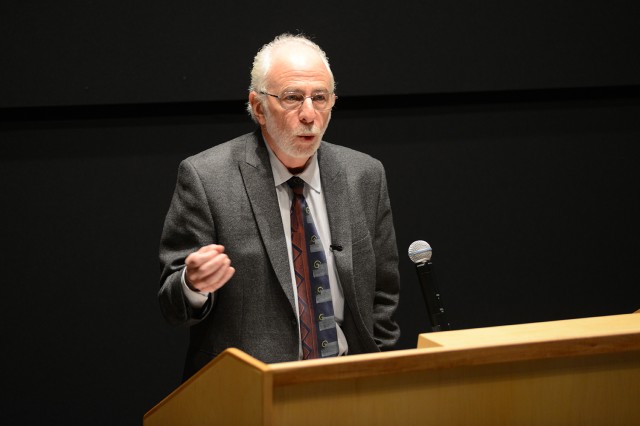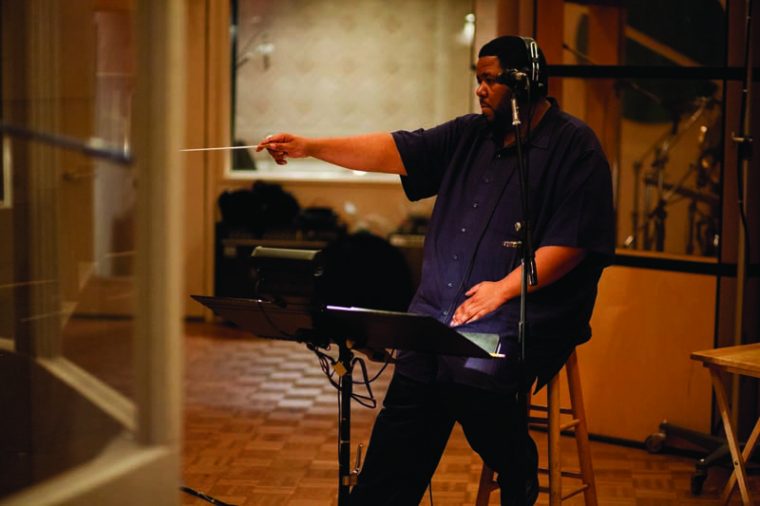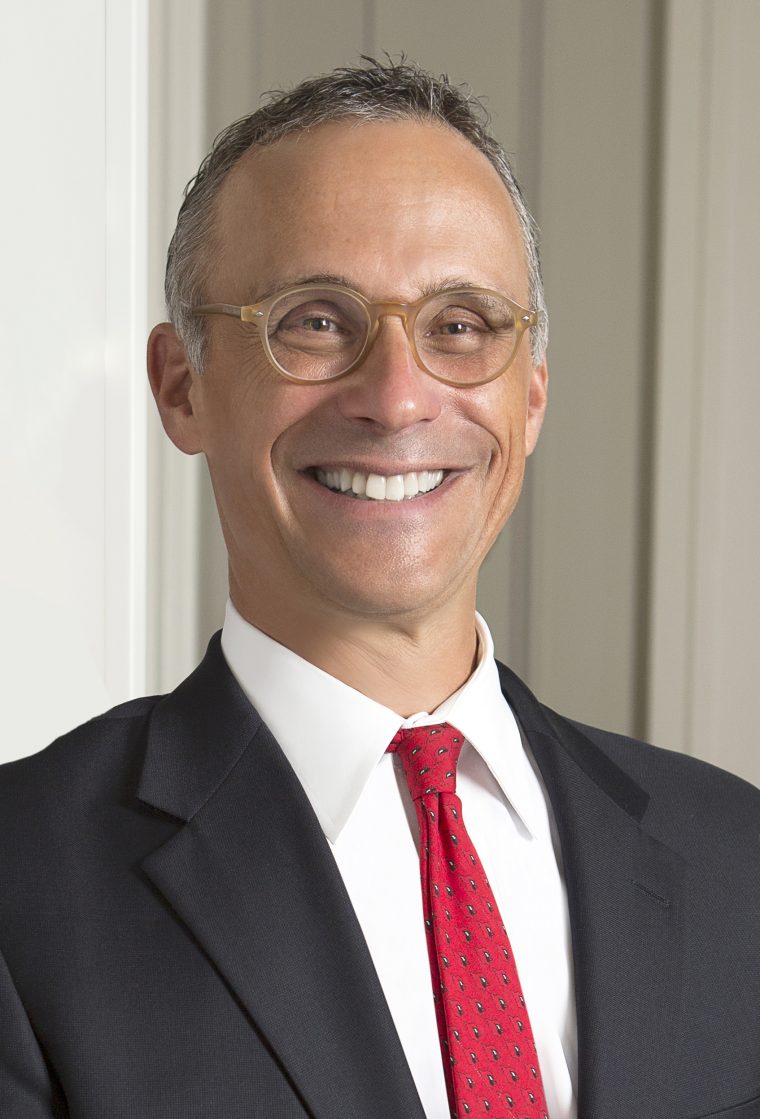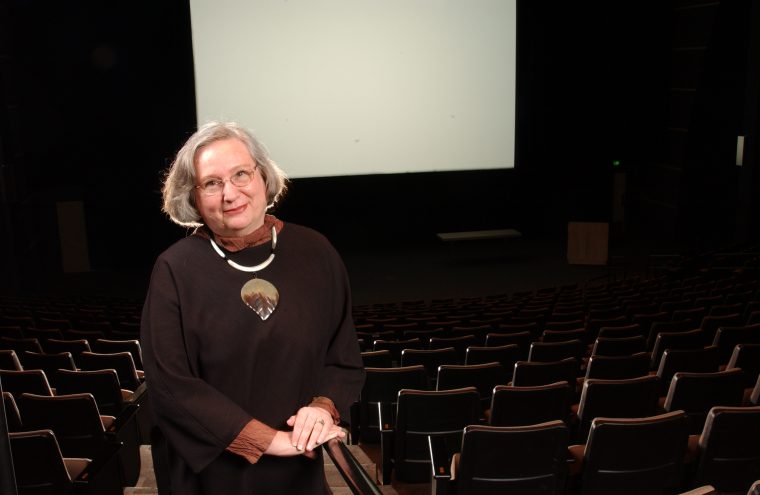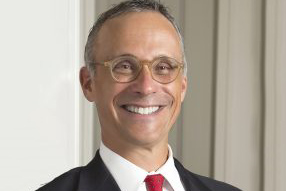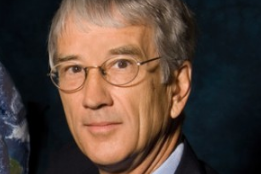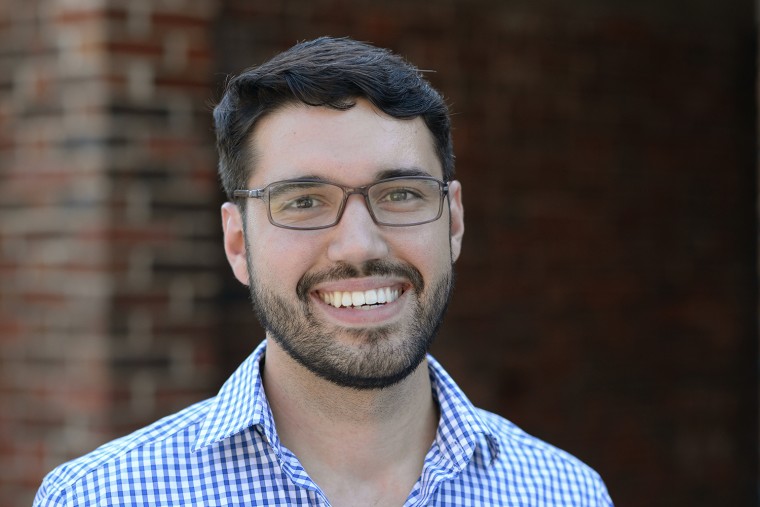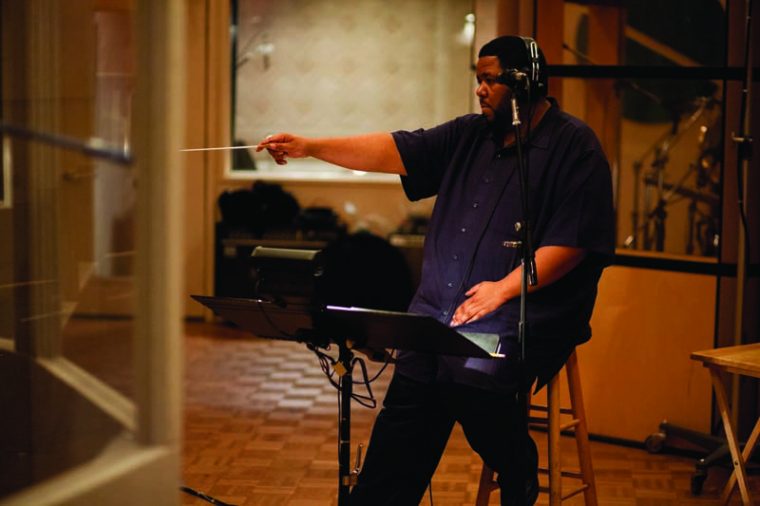Writing in the Forward, Matt Renetzky '18 and Talia Kaplan '18 share their experience with the "vibrant Wesleyan Jewish Life" scene. "Perhaps the most unique thing about our community is just how student-run it is. Jewish life evolves from year-to-year based on the desires and needs of the current student body," write Kaplan, who is affiliated with the Wesleyan Jewish Community, and Renetzky, who is affiliated with Chabad. "If you’re looking for pluralism in Jewish background and practice, Wesleyan is for you." (more…)
In light of President Trump's tweeted ban on transgender Americans serving in the military, Richard Slotkin, the Olin Professor of English and American Studies, Emeritus, writes in The Conversation about the long history of integrating minorities into the U.S. military. The armed forces have long "played a vital role in shaping American social policy toward the country's minorities," Slotkin writes. He recalls how "fear and resentment" of African-Americans and immigrants from Asia and Europe "generated a political backlash," resulting in oppressive Jim Crow laws and an anti-immigrant movement in the late 19th and early 20th centuries. Then, "The crisis produced by…
Peter Rutland, the Colin and Nancy Campbell Professor in Global Issues and Democratic Thought, is the author of an article, "Imagining Russia post-Putin" published by The Conversation. The article appeared in Raw Story, Houston Chronicle and San Francisco Chronicle, among other publications. Rutland writes that Vladamir Putin is almost sure to win re-election as president of Russia in the March 2018 election. The Russian Constitution requires him to step down after two consecutive terms, a problem Putin solved in 2008 when he moved sideways to prime minister as his protege took over as president. Putin returned to the presidency in 2012. (more…)
Tyshawn Sorey MA '11, assistant professor of music, is called a "preternaturally talented multi-instrumentalist who has built a career in the territory between standard definitions" in an extensive profile in The New York Times. "In some circles, he’s thought of as a jazz drummer; in others, he fits in more as an avant-garde composer," the article says of Sorey, who is about to release his sixth album, "Versimilitude." The article discusses Sorey's background, from his modest upbringing in Newark—where his public schools offered little in the way of arts education and his father "helped foster his affinity for music"—to his study…
In light of news that the Justice Department will investigate college affirmative action, President Michael S. Roth writes in Inside Higher Ed to urge resistance to efforts to restrict affirmative action. "Ever since the founding of this country, we have recognized that education is indispensable to our vision of a democratic society. All men may be created equal in the abstract, but education provides people concrete opportunities to overcome real circumstances of poverty or oppression," he writes. "Promoting access to a high-quality education has been key to turning American rhetoric of equality into genuine opportunity. And throughout our history, elites threatened by equality,…
Writing in The Washington Post, Associate Professor of Government Erika Franklin Fowler and Sarah Gollust '01 show how local television news coverage is making it more difficult for the Senate to repeal the Affordable Care Act, more commonly known as Obamacare. "The ACA repeal was always going to be a tough, uphill battle in the Senate, as we explained here in May. The stakes are high — both for the millions of Americans who now have insurance through Obamacare, and for the Republican Party that promised to repeal it," they wrote. "Senate efforts have failed so far for a variety of reasons.…
How did summer get to be such a make-or-break season for Hollywood? It wasn't always this way, Corwin-Fuller Professor of Film Studies Jeanine Basinger recently told Marketplace, from American Public Media. “In the old days, the studio system rolled out movies,” she said. “I mean, let’s take MGM. In 1952 [it] put out a feature film every week, so for 52 weeks they rolled out 52 features.” In the 1940s, 80 percent of Americans went to the movies once a week. But with television gaining popularity, attendance had plummeted by the 1970s. Until 1975, when Jaws was released around the July 4th weekend. It…
Writing in Inside Higher Ed, President Michael S. Roth responds to a recent Pew Research Center survey showing a sharp partisan divide in how Americans view higher education. While 58 percent of Republicans and right-leaning independents say colleges are having a negative impact on "the way things are going in the country," 72 percent of Democrats and left-leaning independents see colleges as positive. (more…)
Gary Yohe, the Huffington Foundation Professor of Economics and Environmental Studies, writes in HuffPost that the Trump Administration must acknowledge and factor in the effects of climate change when it tackles American infrastructure. (more…)
Assistant Professor of Government Yamil Velez and Grace Wong '18 are the authors of a new paper, "Assessing Contextual Measurement Strategies," published May 17 in The Journal of Politics. According to the paper's abstract, "Contextual scholars have explored the impact of residing in racially and ethnically diverse environments on political attitudes and behavior. Traditionally, the literature has employed governmental administrative units such as counties as proxies for citizens’ social contexts. Recently, these measures have come under attack by scholars desiring more personalized measures. This article evaluates the performance of two personalized measures of intergroup context and finds that census-based measures are…
"Tyshawn Sorey Defeats Preconceptions," proclaims the The New Yorker headline on a profile of Wesleyan's newest assistant professor of music, Tyshawn Sorey MA '11, who will join the Wesleyan faculty this fall. "The prodigious multi-instrumentalist and composer transcends the borders of jazz, classical, and experimental music." (more…)
Professor of Economics Richard Grossman was asked by Wales Online about his expectations for the economic impact of Brexit over the next few years. He said: "Leaving the European Union will be a drag on the British economy in the medium term. Even before Brexit takes effect, however, the economy will be hurt by two factors: expectations and uncertainty. “The expectation that the UK will no longer have free access to the European market may lead exporters to reorient production toward domestic consumption or export to non-EU regions well before Brexit comes into force. UK-based financial firms may shift operations to EU…


